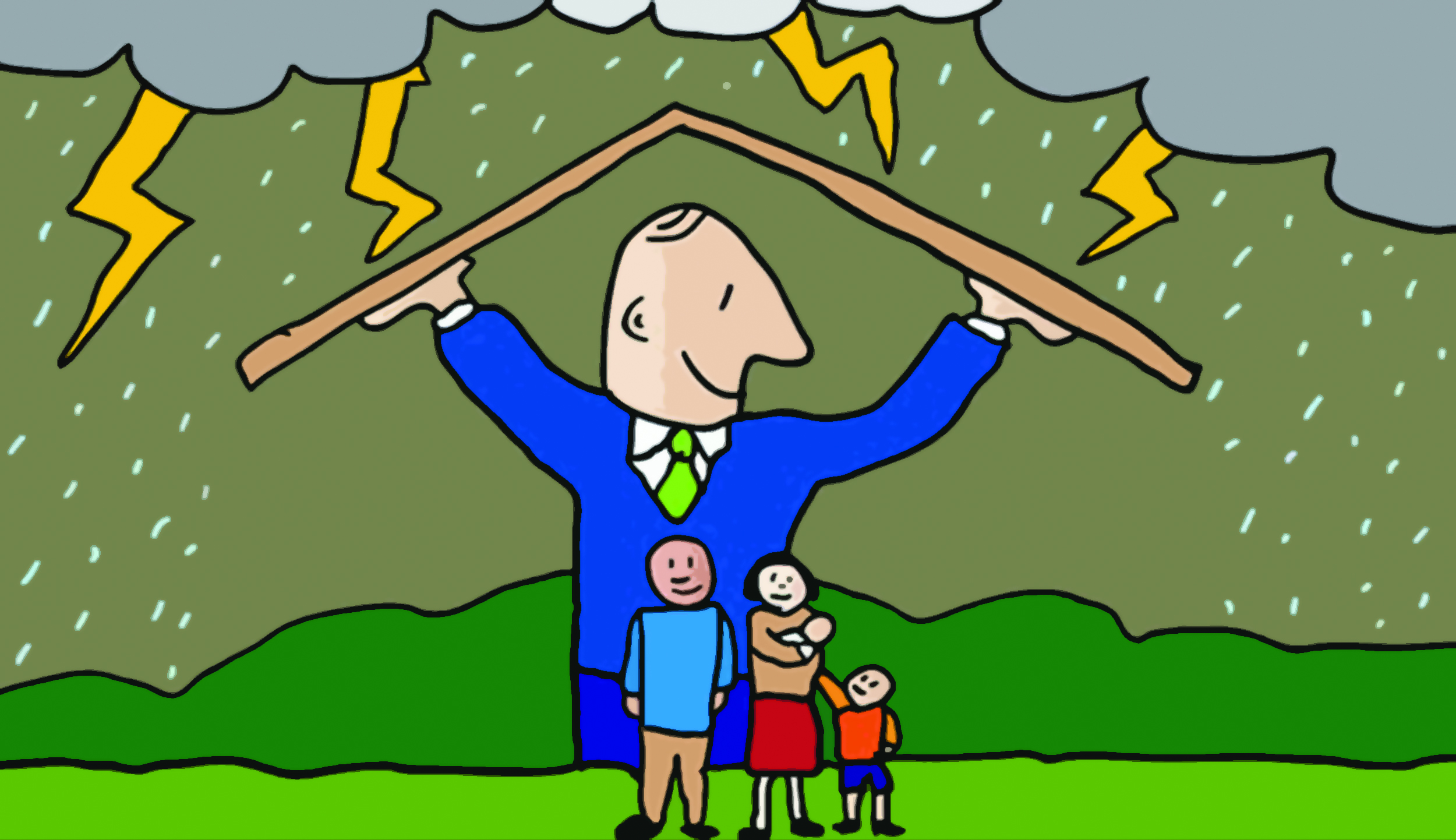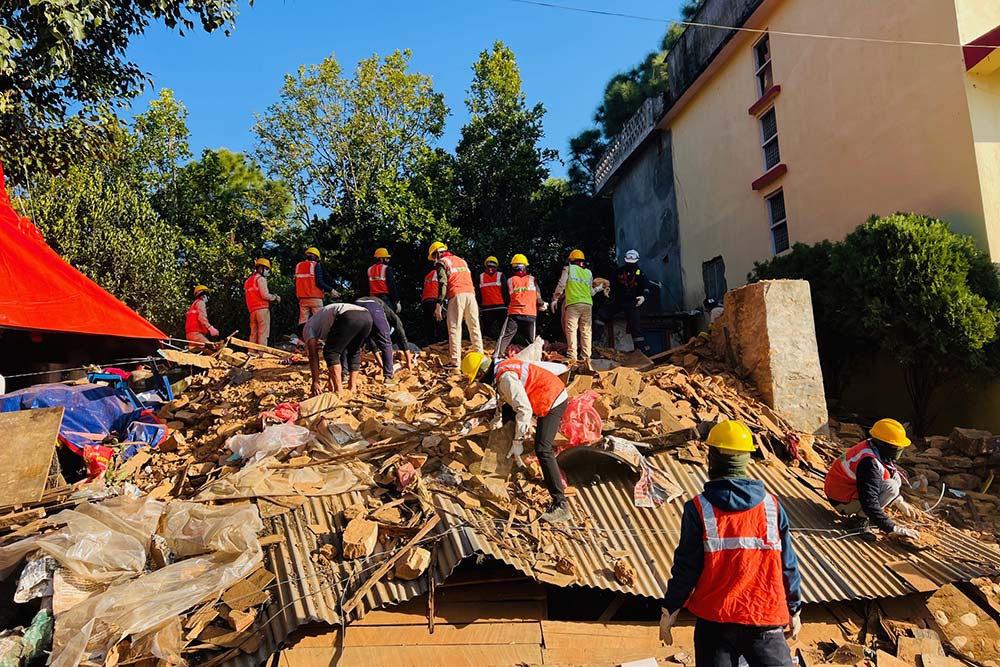
While medical insurance is profoundly persistent in developed countries, it is still unfamiliar and unexplored territory in Nepal. People overseas are conscious about the necessity of medical insurance. But due to lack of awareness and clear policies, most Nepalese do not have access to medical insurance services.
The constitution of Nepal takes health as a basic right stating that every citizen has the right to basic health facilities for free but it is far removed from reality. The capital and urban cities today have fairly abundant medical facilities, but rural Nepal which is home to 80 percent of the national population is deprived of even the most basic health care facilities or access to it.
A national newspaper recently carried a report on the death of an 18 year old kidney patient who jumped off the TUTH Hospital building following difficulties in paying for his medical expenses. A meningitis patient, sharing the same fate, also committed suicide due to lack of funds.
Insurance is a means of protection from financial loss. The first insurance company in Nepal was established in 1947 and after 69 years and formation of 27 insurance companies the concept of health insurance is still disregarded in Nepal. The level of awareness regarding the recently introduced health insurance in Nepal is very low. The only practise of medical insurance that can be seen are companies and organisations providing medical insurance to their employees. Insurance companies rarely receive individuals wanting to know about health insurance. Of all medical insurances, travel medical insurance is the most popular. Under the scheme, customers are insured in case they fall sick in foreign land.
The government too has initiated an insurance scheme. The programme was started in Kailali, Illam and Baglung where with an annual payment of Rs 2,500 premium, the insured can be compensated up to Rs 50,000 on medical expenses. The programme started four years ago has not been extended to other parts of the country yet.
Bhoj Raj Sharma, Insurance Specialist at Beema Samiti believes the prospect of medical insurance is good. According to him, health insurance has not been able to generate much interest in the recent years, yet believes that the need for health insurance will increase with time.
There is a very poor demand and supply for health insurance at the moment. The board has received a pile of criticism with the introduction of medical insurance and the failure to generate any profit from it. But with remittance increasing the per capita of the nation, the door for medical insurance is wide open. Moreover with the rise in the cost of private medical expenditure people wil be attracted to consider health insurance.
The total insurance market of Nepal is around Rs 30-40 billion and health insurance plays a nominal role in it. Insurance companies have not been able to generate any significant profit from this scheme. People are unaware of health insurance and its benefits. Beema Samiti has also included insurance in the education curriculum to aware the general public on its importance. Gokarna Prasad Khatiwada, Marketing Manager of Nepal Insurance Company shared that health insurance will progress in years to come. He stated that the increase in the standard of living, more and more people are seeking to insure their property and health.
A study showed that only 61.8 percent of households across the country have access to health facilities within 30 minutes and 0.67 doctors and nurses per 1,000 population which is significantly less than WHO’s 2.3 doctors and nurses per 1,000 population. When asked if Nepal is taking a risky approach towards health insurance without a strong health system, Bhoj Raj Sharma said that health insurance can also help strength the other peripherals of the national health system. Similarly with the development of medical infrastructure the prospect of medical insurance will also be good.






